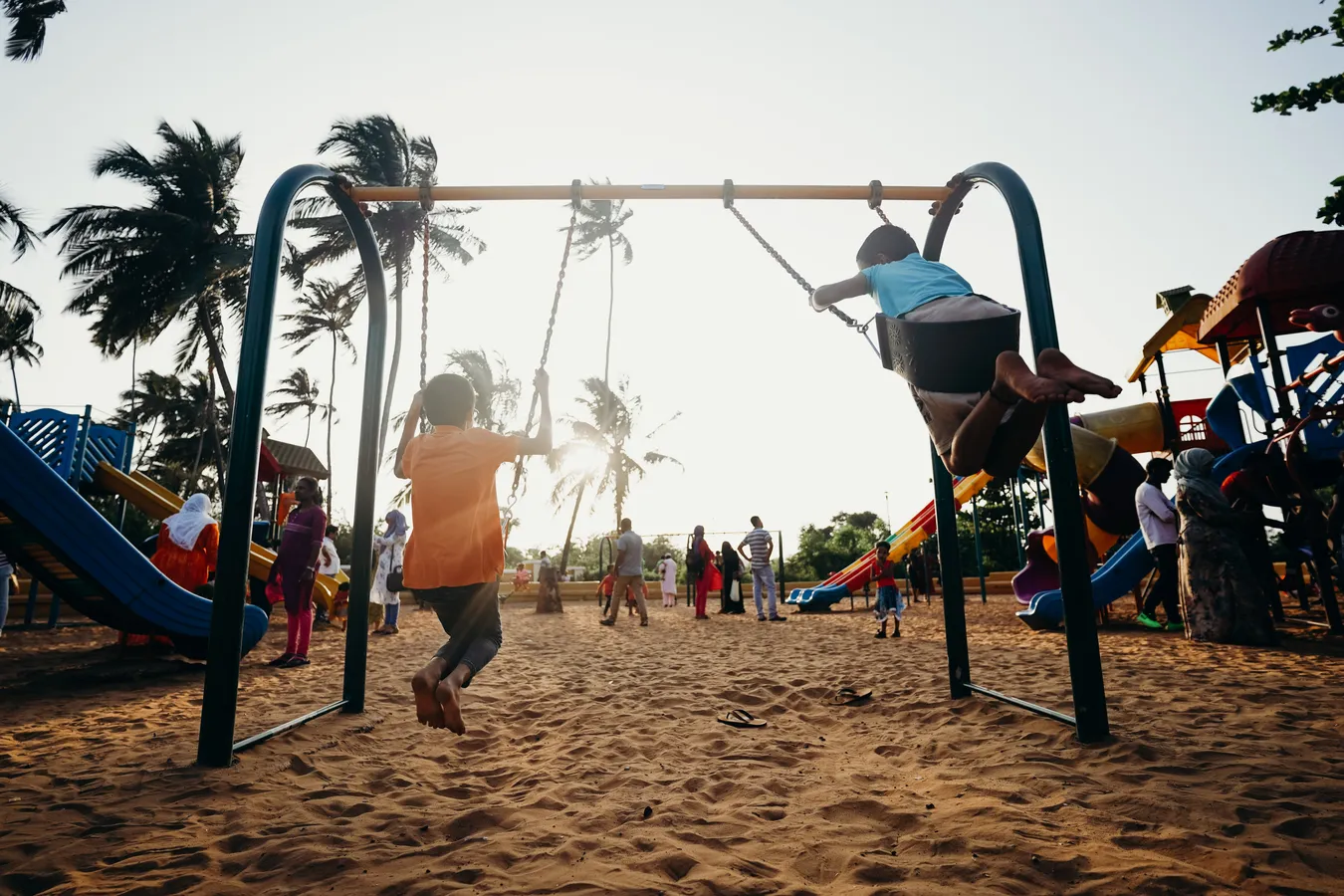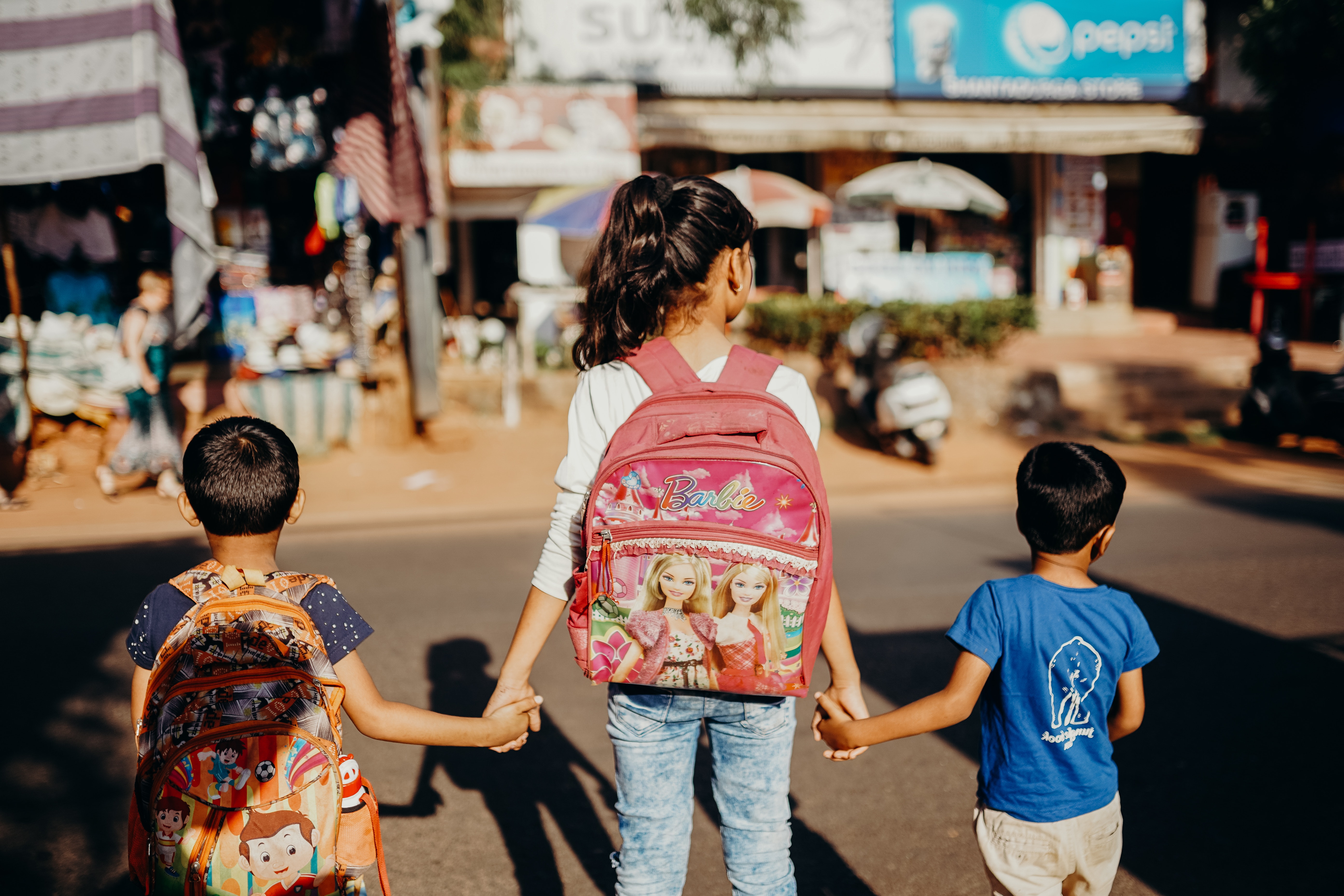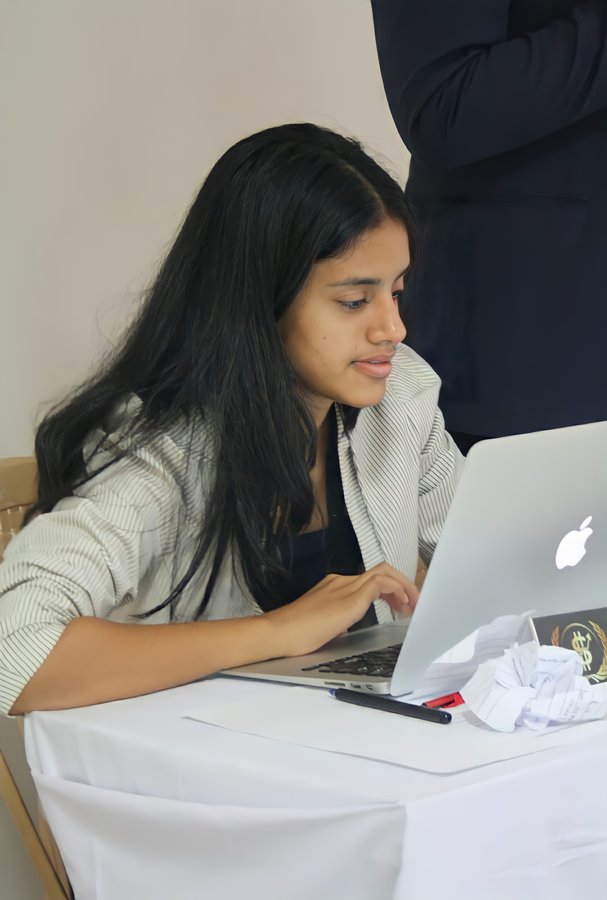Recognising Child Sexual Abuse and How to Help
5 minuteRead

In India, as in many other countries of the world today, child sexual abuse (CSA) is a significant and pervasive problem. It is a grim reality that is all too common and has a negative influence on health. Sexual abuse can cause a child's or adolescent's growth to be stunted, as well as a variety of psychological and emotional illnesses that some children and adolescents may never be able to overcome.
What is child sexual abuse?
Any sexual behaviour with a child that is not or cannot be consented to is considered child sexual abuse. This encompasses all sexual contact between an adult and a kid, regardless of whether the youngster is deceived or recognises the sexual nature of the behaviour, regardless of the parties’ age. A child is incapable of giving his or her consent to any sort of sexual engagement and when a perpetrator participates in this type of behaviour with a child they are committing a crime that can have long-term consequences for the victim. Physical contact between a perpetrator and a kid is not required in child sexual abuse. Child sexual abuse can take many forms, including:
What are the symptoms that something is wrong?
Sexual abuse of children is not always easy to detect, and some survivors may not show any clear warning signals. It's possible that the perpetrator is someone you've known for a long time or someone you trust, making it even more difficult to notice. Take a look at some of the most prevalent warning signs:
Behavioral indicators:
- Hygiene changes, such as refusing to bathe or bathing too frequently.
- Displays depression or post-traumatic stress disorder symptoms
- Suicidal thoughts are expressed, especially in teens.
- Has academic issues, such as absenteeism or a decline in grades
- Sexually inappropriate information or behaviour
- Nightmares or wetting the bed
- Overprotective and concerned about siblings, or takes up the role of caretaker
- Thumb sucking and other regressive behaviours are reintroduced.
- Attempts to flee from home or school
- Self-harming
- Physical contact causes them to shrink or make them feel threatened.
Physical indications:
- Genital bleeding, bruising, or swelling.
- Underwear that is bloody, torn, or stained
- Difficulty walking or sitting
- Urinary or yeast infections on a regular basis
- In the vaginal area, there is pain, itching, or burning.
The Protection of Children from Sexual Offences (POCSO) Act, 2012
The POCSO Act, 20126 is a gender neutral legislation. It defines a child as any individual below 18 yr and provides protection to all children from sexual abuse. Definition of child sexual abuse is comprehensive and encompasses the following:
(i) penetrative sexual assault, (ii) aggravated penetrative sexual assault, (iii) sexual assault, (iv) aggravated sexual assault, (v) sexual harassment, (vi) using child for pornographic purpose, and (vii) trafficking of children for sexual purposes.
When the abused child is mentally ill or when the abuse is done by someone in a position of trust or responsibility over the child, the following offences are considered "aggravated." The Act stipulates harsh punishments that are tiered according to the severity of the offence, with a maximum sentence of life imprisonment and a fine.
The POCSO Act also includes requirements to prevent re-victimization and includes child-friendly methods for reporting, recording evidence, investigation, and rapid trial of offences, as well as trials in camera and without revealing the child's identity through designated Special Courts. It also allows the Special Court to determine the amount of compensation to be granted to a sexually assaulted child, so that the money can be utilised for the kid's medical care and rehabilitation.
Reach Out
1. RAHI Foundation
The RAHI Foundation was founded in 1996 to help women who have been victims of incest and child sexual abuse (CSA). One clear purpose is to raise awareness about the issue of incest/CSA in the country and to develop resources for effective prevention and intervention. Many of RAHI's efforts, even as they teach and train, are motivated by the conviction that survivors may transform their sorrow by taking meaningful action in social prevention.
RAHI is based in Delhi, India
Call them: 011 41607055
2. Arpan Foundation
Arpan is one of India's largest NGO dealing with child sexual abuse, with over 120 specialists providing preventive and intervention services to children and adults of all socioeconomic backgrounds, genders, sexualities, castes, religions, and political affiliations. Arpan's main objective is to teach children and teenagers (ages 4 to 15) about personal safety in schools so that they can recognise danger and seek help.
Arpan is based in Mumbai, India
Helpline number: +91 98190 86444
3. Aarambh India
Aarambh India is the first online portal in India dedicated to assisting you in protecting children from sexual offenses The Aarambh India Initiative has been working to create a centralised platform that partners with and demonstrates innovative ground programmes on child protection, particularly for the underprivileged, creates and shares knowledge with individuals and groups across India, and connects experts to various stakeholders in order to bring the movement to a tipping point.
4. CHILDLINE India
CHILDLINE India is a phone number that gives millions of Indian children hope. It is a free, 24-hour-a-day, 365-day-a-year emergency phone service for children in need of help. They have reached out to three million children around the country, providing them with care and protection.
CHILDLINE services are currently available to children in 602 cities and districts, encompassing approximately 81 percent of the Indian landscape, as of October 13th, 2021. CHILDLINE operates six regional call centres with centralised call centres.
Helpline number: 1098
5. Samadhan Abhiyan
Samadhan Abhiyan is an NGO dedicated to ending child sexual abuse. They want to get to the source of the problem, so they're working hard to raise awareness and educate children, parents, teachers, and other stakeholders about how to avoid sexual abuse of minors.
Samadhan Abhiyan is based in New Delhi, India.
Helpline number: +91 7011808833
What can you do?
Here are certain small steps you can take to prevent sexual abuse in children:
- Participate in community-based preventative initiatives.
- Find out more about how to keep children safe and prevent abuse.
- Take care of your own children.
- Assist children who have been abused.
- Teach people how to prevent child abuse.
- Notify authorities if you fear a child is being abused.
- Support the cause by donating or volunteering at NGOs.
Write, Record and Answer! Consume Unlimited Content! All you need to do is sign in and its absolutely free!
Continue with one click!!By signing up, you agree to our Terms and Conditions and Privacy Policy.











